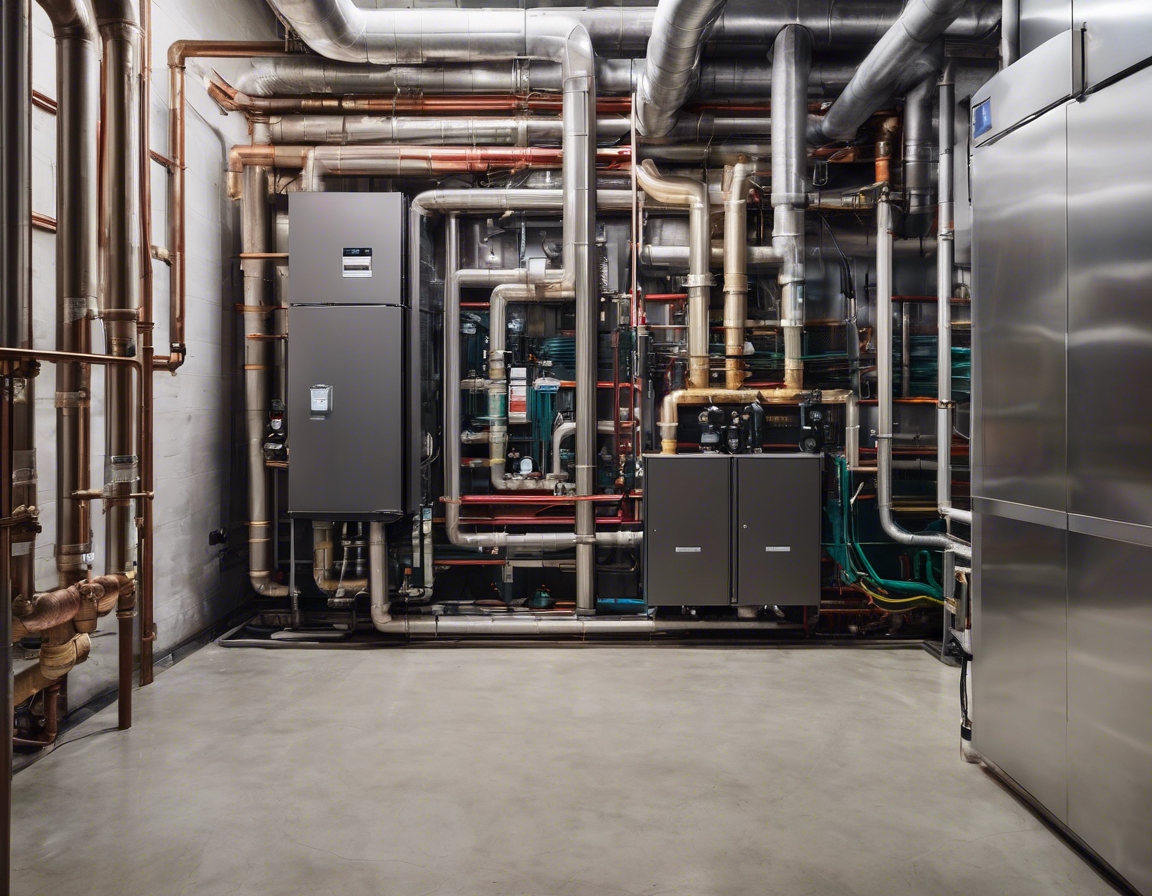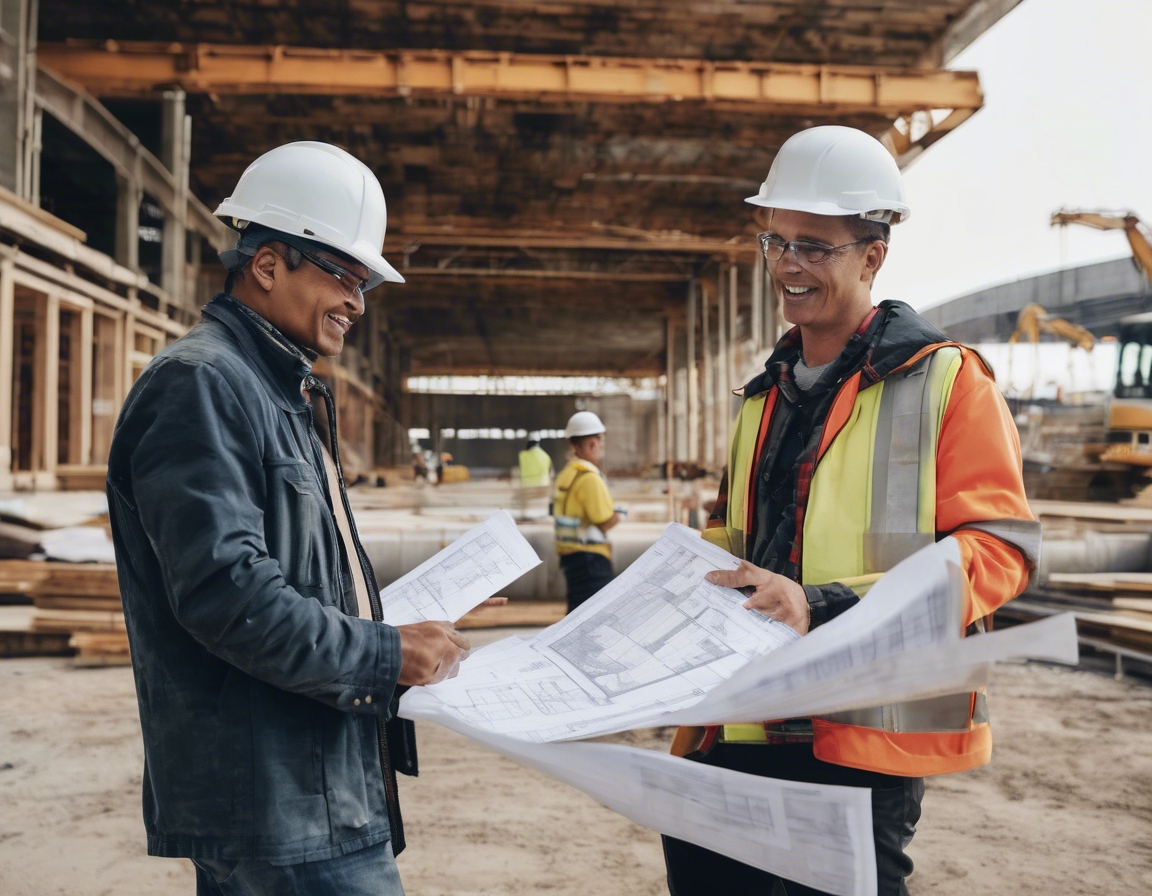How to choose the right construction partner
Before embarking on your construction journey, it's crucial to clearly define the scope of your project. This involves understanding the size, complexity, and specific requirements of your construction project. Whether you're building a new home, renovating an existing property, or developing a commercial space, having a well-defined scope will guide your search for the right construction partner.
Establishing a realistic budget and timeline is essential for the success of your project. Consider all potential costs, including materials, labor, permits, and unexpected expenses. Additionally, set a timeline that accommodates your needs while allowing for flexibility in case of unforeseen delays. A clear budget and timeline will help you evaluate potential partners based on their ability to meet these constraints.
For homeowners and developers who value modern design and energy efficiency, prioritizing sustainability is key. Consider how potential construction partners incorporate sustainable practices and materials into their projects. Look for partners who are experienced in green building techniques and can deliver innovative design solutions that align with your vision.
2. Researching Potential Partners
When researching potential construction partners, evaluate their experience and expertise in projects similar to yours. Look for companies with a proven track record in your specific type of construction, whether residential, commercial, or industrial. Experienced partners are more likely to anticipate challenges and provide effective solutions.
Request references and review past projects to assess the quality of work and client satisfaction. Speaking with previous clients can provide valuable insights into the partner's reliability, professionalism, and ability to deliver on promises. Additionally, visiting completed projects can give you a firsthand look at their craftsmanship and attention to detail.
Effective communication and transparency are vital for a successful partnership. Evaluate how potential partners communicate during the initial stages of your interaction. Are they responsive, clear, and open about their processes? A partner who values transparency will keep you informed throughout the project, ensuring that you are always aware of progress and any potential issues.
3. Evaluating Quality and Craftsmanship
Understanding the construction techniques employed by potential partners is crucial for assessing quality. Inquire about the methods they use and how they ensure precision and durability in their work. A partner who is knowledgeable about the latest construction technologies and techniques is likely to deliver superior results.
The quality of materials used in construction significantly impacts the longevity and performance of the finished project. Discuss with potential partners the types of materials they use and their sources. High-quality materials not only enhance the aesthetic appeal but also contribute to the sustainability and energy efficiency of the building.
Compliance with industry standards and regulations is non-negotiable. Ensure that potential partners adhere to all relevant building codes and safety standards. This not only guarantees the safety and legality of your project but also reflects the partner's commitment to quality and professionalism.
4. Assessing Project Management Capabilities
Effective project management is critical for the timely and successful completion of your construction project. Evaluate how potential partners plan and execute projects. Do they have a structured approach to project management? Are they capable of coordinating various aspects of the project efficiently?
Construction projects often encounter unexpected challenges. Assess how potential partners monitor progress and adapt to changes. A partner who can quickly respond to issues and adjust plans as needed will help keep your project on track.
Timely delivery is a critical factor in choosing a construction partner. Discuss with potential partners their track record for meeting deadlines and how they handle delays. A reliable partner will have contingency plans in place to minimize disruptions and ensure that your project is completed on time.
5. Considering Cost and Value
When evaluating potential partners, compare quotes and proposals to understand the cost implications of your project. Look beyond the initial price and consider what is included in the proposal. A detailed and transparent proposal will help you make an informed decision.
While cost is an important consideration, it should not be the sole determining factor. Balance cost with the quality of work and materials. Investing in a slightly higher budget for superior quality can result in long-term savings and satisfaction.
Consider the long-term value of your investment. A construction partner who delivers high-quality work and uses durable materials will enhance the value of your property. Additionally, energy-efficient and sustainable building practices can lead to reduced operational costs over time.
6. Making the Final Decision
After gathering all necessary information, weigh the pros and cons of each potential partner. Consider factors such as experience, quality, communication, and cost. This comprehensive evaluation will guide you in making the best choice for your project.
While data and analysis are important, trusting your instincts is also crucial. Choose a partner who not only meets your criteria but also feels right for your project. A strong rapport and mutual trust can significantly enhance the collaboration.
Once you've made your decision, finalize the contract with your chosen partner. Ensure that all terms, conditions, and expectations are clearly outlined in the contract. This formal agreement will protect both parties and set the foundation for a successful partnership.






Comments (0)